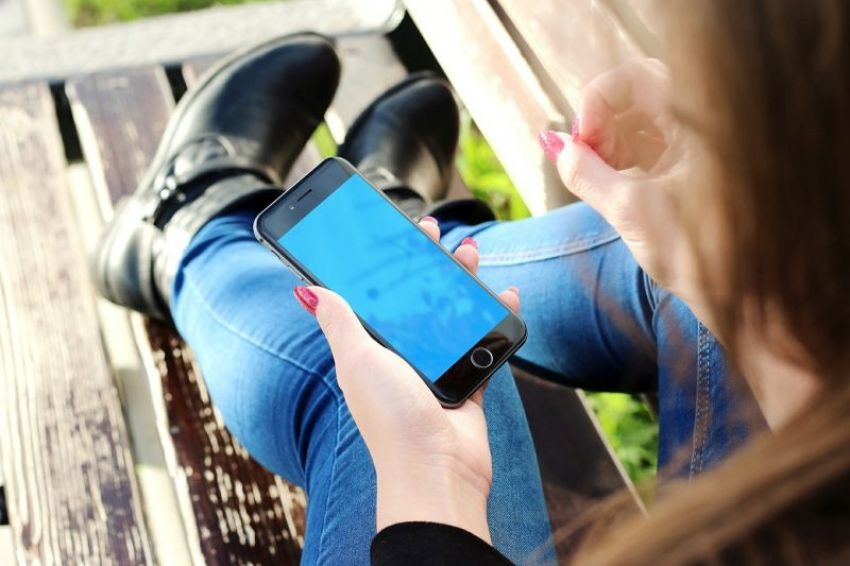Q conference tackles social media, smart phone addiction causing depression

RICHMOND, Va. — The many ways technology can harm a person’s mental health and their ability to connect with others was the focus of an international Q Commons panel aimed at spreading awareness about the danger of excessive screen time and social media use.
Q Ideas held the Commons event in several cities across the United States and abroad Thursday, and featured speakers both in-person and live via satellite.
Nina Schroder, a mental health therapist at Virginia Commonwealth University, who was part of the panel at the Byrd Theatre, told The Christian Post that “students have to understand what is going on” with the risks of excessive screen time.
“I don’t think they completely understand the effects of screens,” she said. “I want people to understand that there are negative effects of high screen use.”
“I’m not saying that everything about screen use is bad, because there are some great uses. But we have to be mindful about how much we’re using it, how we’re using it, when we’re using it, and how it’s affecting us.”
Schroder told CP that in her own experience on campus, she would ask students struggling with smart phone addiction and overuse of social media to figure out their priorities.
“One of the things that’s really important that I try to get students to understand is for them to really evaluate what is really important in their life,” said Schroder, who noted that she has them ask themselves “is this working for me?”
“Some of them have either just taken a break or deleted the apps off their phone so they do not have as much freedom of access to it. And after taking a break from social media or reducing their time on social media, they almost always feel better.”
Campus ministries can play a part in helping to combat the problem, Schroder told CP, by bringing up the issue to help educate students and to “start making it a standard to have screen free time.”
“I think the campus ministries need to be providing opportunities for education and to actually be talking about this,” Schroder added.
“So when they’re convening, when they’re together, to be intentional about saying this is a distraction. When we have our phones out, it’s really impeding our ability to connect and to get a rich experience, because it’s an interruption.”
In addition to Schroder, the Richmond Q Commons panel also featured Shawn Boyer, founder of a group messaging platform called goHappy, and was moderated by Jonathan Chan, executive director of the local charity Church Hill Activities and Tutoring.
During the panel discussion, Schroder spotlighted research on the rise of depression and suicide among young people and how social media and smart devices contribute to that trend.
This included a Blue Cross and Blue Shield report from 2018 which found a 63 percent increase in youth aged 12-17 being diagnosed with depression in 2016 compared to 2013.
Boyer, who has experience in the tech industry, explained that Americans typically check their phones 150 times a day and spend the equivalent of five years of their lives on social media.
Boyer explained during the panel discussion that because the social media industry “business models are advertising-based,” they created products that are “intentional” in their addictiveness.
“There are a lot of smart people who are working there whose job it is to make sure that you are spending time on there,” he explained.
Chan, the moderator, referenced Linkedin.com founder Reid Hoffman’s interview with The Wall Street Journal in 2011 in which he said that for a tech startup to succeed, it needs to embrace one of the seven deadly sins.
According to this line of reasoning, Facebook represented ego (or pride), social game developer Zynga represented sloth, and the dating app Tinder represented lust.
Volunteers at the Q Commons event at the theatre also provided a handout offering 10 pieces of advice on how to practice “mindful screen use.”
The tips included: to commit to screen-free times & zones; schedule times for checking online accounts; have meaningful purposes for checking one’s phone; choose good content; delete or otherwise make apps less accessible; delay use until a task is done; limit social media when feeling badly; keep device in a bag or drawer to avoid excessive use; end screen time one hour prior to going to bed; and regularly ask oneself if a screen activity is taking one in an unwanted direction.



























